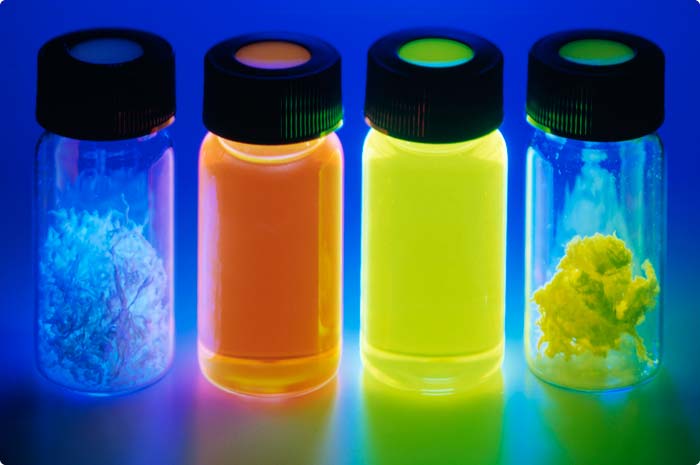
Dr. Valery Krizhanovsky, Department of Molecular Cell Biology
valery.krizhanovsky@weizmann.ac.il
The accumulation of damaged cells in tissues leads to tissue destruction and cancer. Elaborate mechanisms occur to limit expansion of the damaged cells and also to ensure their elimination from the tissues.
Cellular senescence, a stable irreversible form of cell cycle arrest, is a mechanism which limits the proliferative potential of cells.
Cellular senescence is a potent barrier to tumorigenesis and contributes to the cytotoxicity of chemotherapeutic agents. With age, senescent cells have also been observed to accumulate in human tissues.
Senescent cells present and secrete a variety of factors to their microenvironment. These factors affect a tissue homeostasis and can either interfere or support the normal function of the tissue.
In order to understand the role of cellular senescence in tissue damage, cancer, and aging, Dr. Krizhanovsky is working to uncover the mechanisms of interaction of the senescent cells with their microenvironment.
